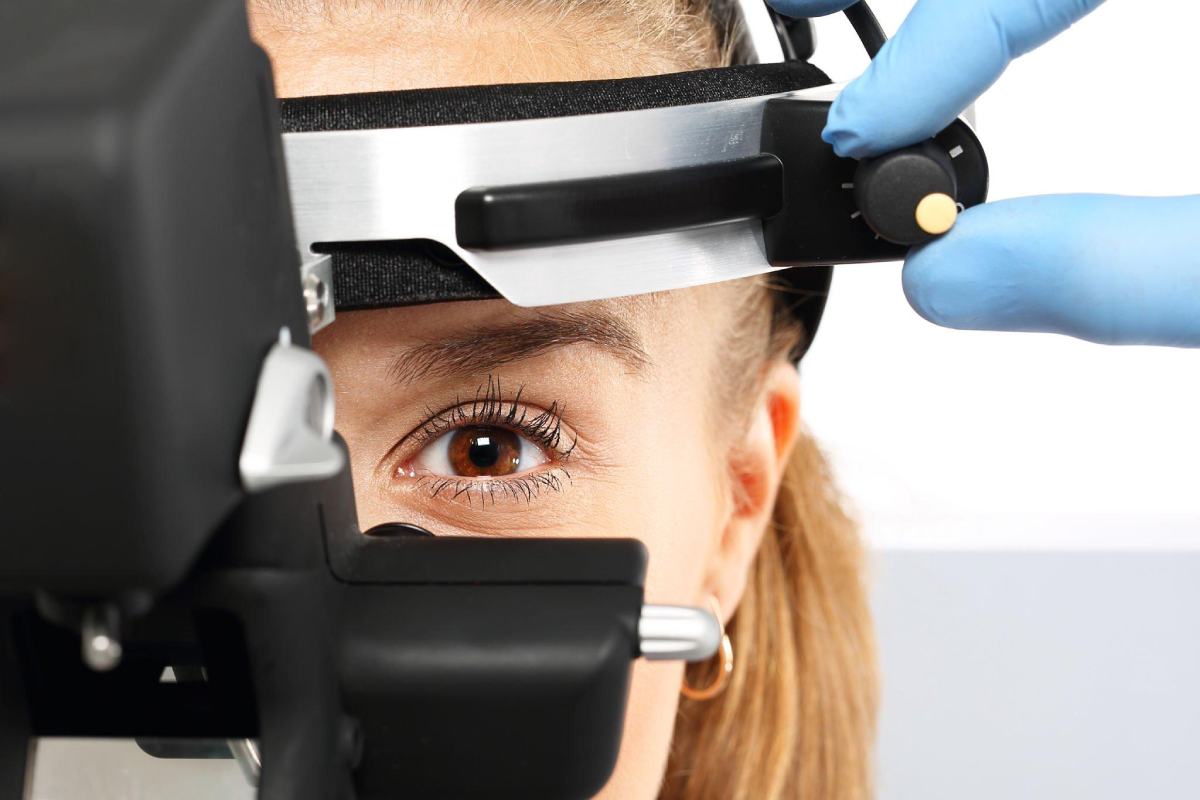As you age, you may have more trouble with your eyesight. Cataracts are one eye condition you might get as you get older. If you are unfamiliar with the symptoms of this eye issue, you may wonder what you should be looking for in case you need to see a specialist. You can also visit an eye specialist if you have questions about your eyesight. However, cataract symptoms you should be aware of as you age.
Table of Contents
Clouded Vision
One of the tell-tale signs of cataracts is clouded vision. Understanding cataract symptoms is essential if you want treatment as soon as possible. Because of this, you should routinely have eye exams and be aware of any vision changes you notice. The cloudiness in your vision may not be noticeable at first and only affect a small part of your eye lens. However, as the cataract grows, it will affect more of your vision. Things will look increasingly blurry and cloudy as time goes on.
Yellowing of Colors
Another symptom is the yellowing of bright colors. Instead of seeing the colors around you as they are, they will appear faded or have a yellow tint. As you age, the protein clouding your lens may turn yellow. Because of this, all light that comes through your lens will have a yellow or brownish tint.
Cataracts can also make identifying colors more challenging, especially if they are a similar shade. If you notice symptoms such as these, you should tell your doctor. However, this may also be a symptom you do not recognize immediately.
Poor Night Vision
If you notice that driving at night has gotten more challenging, it may be due to cataracts. They make night driving more difficult because of contrast sensitivity. Seeing in low light becomes harder, such as when driving at night. Also, other common symptoms of cataracts, like halos, seeing double, and blurry vision, make driving at night problematic. If you find that driving is not an option due to your eyesight, try to find alternate means of transportation.
Seeing Double
Seeing double is a classic symptom of age-related cataracts. However, you should never ignore double vision in one or both eyes. If you have double vision in one eye, it is called monocular double vision. It is the most common type of double vision for cataracts. The cloudy lens scatters light entering your eye and causes multiple yet incomplete images. It makes you see double, which can be distracting.
If you see double in both eyes, you could have a head injury or a more serious vision problem. You should never ignore double vision of any kind because of the potential for a severe issue. It is better to see a doctor as soon as possible to receive a diagnosis and treatment.
Frequently Needing New Glasses
It is common to need stronger eyeglass prescriptions at times. However, if you need an upgrade multiple times a year, you might have cataracts. Glasses will not help cataracts, but they can help combat some symptoms. You may be able to get a prescription that treats issues like blurry or foggy vision and nearsightedness. Meanwhile, your doctor may advise a treatment plan or other action to treat your cataracts or stop them from worsening.
Halos and Glare
Halos are another vision problem you may notice as you suffer from age-related cataracts. When you look at light sources, such as lamps, you see a halo. The cloudy eye lens disperses light abnormally, causing halos and glare as you look at light sources, such as car headlights. It can make seeing harder, especially if you need a direct light source to look at objects. The light sensitivity due to this eye issue can be painful and may interfere with your reading vision.
Cataracts may cause trouble with everyday vision and may limit the activities you can participate in daily. Night driving, enjoying vibrant colors, or seeing clearly all become challenging with cataracts. As people age, they may find that their cataracts become larger and interfere even more with everyday life. However, there are options to treat this eye condition. Cataract surgery can return your vision to normal, so ask your doctor if you are a good candidate if you have cataracts.

